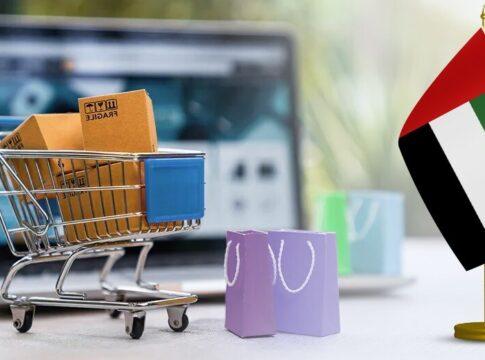Dubai, UAE — Over the past two decades, the United Arab Emirates, particularly Dubai, has established itself as a global nexus for luxury retail, innovative e-commerce, and seamless trade. Tourists worldwide have come to associate the emirate with authenticity, quality, and value. However, recent developments threaten to undermine this hard-earned reputation.
The Rising Tide of Consumer Complaints
In recent months, a surge of consumer complaints, especially from international tourists, has emerged concerning fraudulent or malfunctioning products purchased from local markets and online platforms, including prominent e-commerce sites like NOON. Tourists, enticed by attractively priced electronic products, particularly smartphones, have reported receiving defective or counterfeit goods. Attempts to return or seek recourse for these products often reveal that assistance is only available within the UAE, leaving many without resolution once they return home.
This issue poses a significant challenge not only to consumer confidence but also to the country’s broader vision as a global hub for shopping and trade.
Implications for the UAE’s Global Image
The UAE’s image as a retail utopia—where authenticity is a given and service is world-class—is one of its most significant soft power assets. Dubai’s strategic positioning between East and West, coupled with favorable tax policies and a thriving tourism ecosystem, has allowed it to compete with major global shopping capitals like Singapore, London, and New York.
However, repeated negative consumer experiences—especially when shared on international platforms and social media—risk creating an adverse ripple effect. Tourists may begin to hesitate before making high-value purchases, which could have long-term implications for Dubai’s economy, particularly sectors like electronics, luxury goods, and online retail.
Governmental Measures and Legal Frameworks
The UAE has demonstrated a commendable ability to enforce regulatory measures and maintain quality control across sectors. In the digital age, however, fraud has become more sophisticated, especially in the e-commerce space.
To combat this, the UAE has enacted several laws, including the Federal Decree-Law No. (42) of 2023 on Combating Commercial Fraud and the Federal Law No. 15 of 2020 on Consumer Protection. These regulations provide a comprehensive structure to tackle counterfeiting and ensure consumer safety. Reddit
Additionally, the UAE is leveraging artificial intelligence (AI) and digital technologies to enhance its efforts. AI plays a crucial role in analyzing supply chains, identifying anomalies, and predicting potential counterfeiting risks, offering real-time data and insights that can significantly improve the effectiveness of anti-counterfeiting endeavors.
Recommendations for Strengthening Consumer Protection
To address the challenges posed by fraudulent activities, the following measures are recommended:
- Implement Stricter Vendor Verification: Ensure that all vendors, both physical and digital, undergo rigorous verification processes to confirm their legitimacy.
- Mandate Extended Warranty and Return Policies: Require that high-value goods come with warranties and return policies that accommodate international tourists, allowing for post-purchase support beyond their physical stay in the UAE.
- Increase Transparency and Consumer Education: Enhance consumer awareness about their rights, warranty terms, and avenues for recourse through clear communication at points of sale and online platforms.
- Empower International Dispute Resolution Frameworks: Develop centralized platforms supported by UAE-based consumer protection agencies to handle international disputes effectively.
- Introduce a “Tourist Purchase Protection Program”: Establish a government-endorsed initiative that assures tourists of refund, repair, or replacement guarantees across registered outlets and platforms, reinforcing the UAE’s commitment to consumer protection.
- Integrate Blockchain or Serial Tracking Systems: Implement tamper-proof authentication records for high-value goods purchased within the UAE, accessible globally to verify product authenticity.
Empowering Consumers: Reporting Mechanisms
Consumers play a vital role in combating counterfeit goods. In the UAE, reporting mechanisms are in place to address such issues. For instance, in Dubai, consumers can lodge complaints through the Dubai Consumer App or the consumer rights complaint portal. These platforms facilitate the reporting of counterfeit goods and other consumer grievances, enabling authorities to take swift action.
The UAE’s reputation as a premier destination for luxury retail and e-commerce is a testament to its commitment to excellence and innovation. However, the rise in fraudulent activities threatens to erode consumer trust and the nation’s global standing. By implementing robust measures, leveraging technology, and fostering international cooperation, the UAE can reinforce its position as a safe and reliable hub for global commerce.


